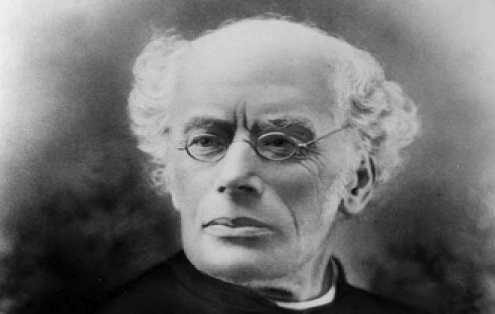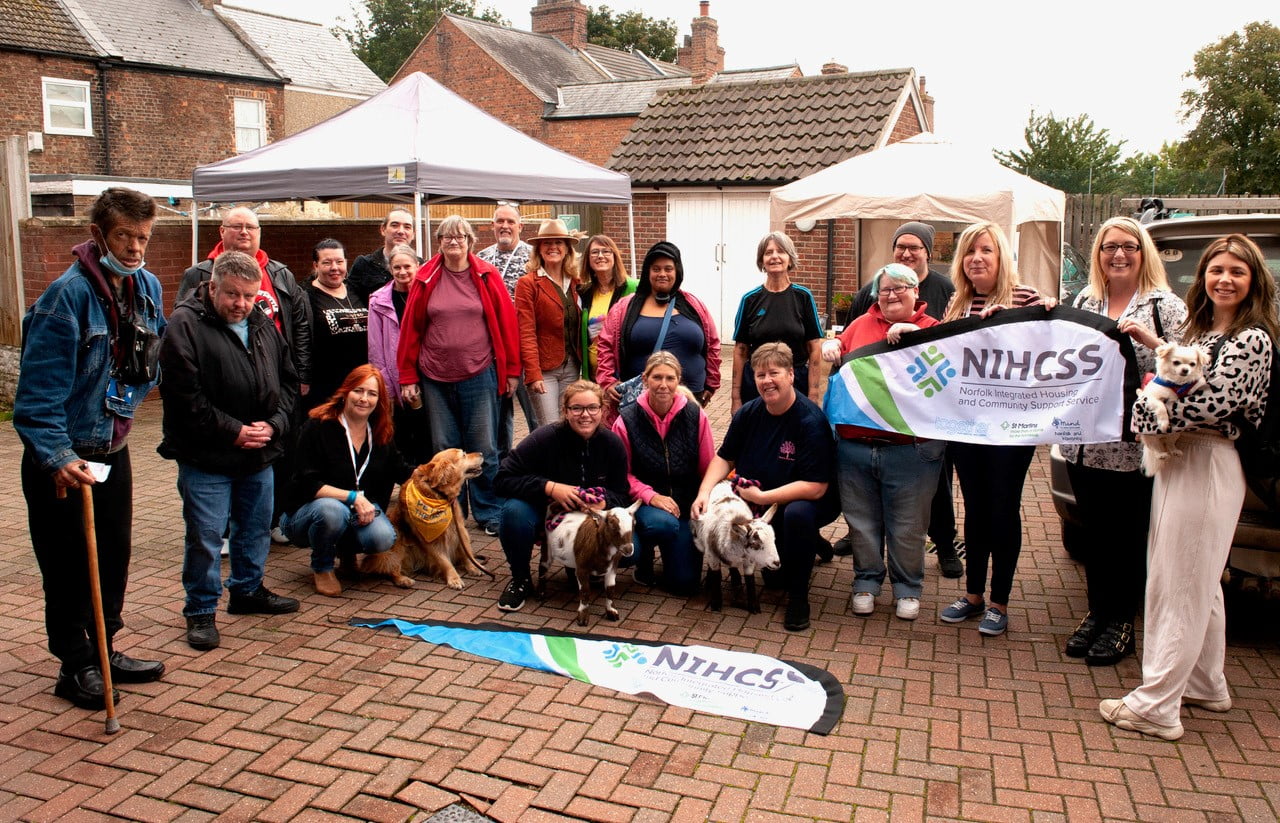Our history
Together is the UK’s oldest community mental health charity. We were formed in 1879 by Reverend Henry Hawkins, who was the hospital chaplain at an asylum in Middlesex.

Originally known as The After-care Association for Poor and Friendless Female Convalescents on Leaving Asylums for the Insane, Henry was a man of progressive thought and action, shaping and creating the charity we are today.
The first decades
Residential care and wartime support
A forerunner to community care, initially, the association helped find temporary homes and placements in service for women coming out of asylums, working alongside them as they tried to regain a normal life. Soon after, the association began preventative work by placing ‘people at risk of becoming insane’ in cottage homes and set up the first residential care home in England for people with mental health problems.
The association went on to help patients of both sexes through the Great Depression and both World Wars, listening to people’s needs and finding them homes and jobs. During this time, the organisation remained independent despite pressure to be assimilated into a single national body which risked the continuation of people being at the centre and making decisions about their care and support Around this time, a ground-breaking report was published evidencing that the vast majority of people with mental health problems were able to hold down jobs and it was only prejudice that prevented them from working.
The middle years
Community care and the birth of Together
Throughout the 1960s and 70s, large psychiatric hospitals began closing in response to government policy of caring for people in the community. Our association, now registered under the name MACA – The Mental After Care Association – began to diversify its care.
In the 1980s, we adopted the ‘social care model’, where people who used services were given access to support which sought to meet their social and emotional needs. This was alongside, and sometimes instead of, medical care, and people were offered choice and control over the care they received. As MACA we began to place more emphasis on staff learning and development and became one of the first voluntary sector organisations to pioneer National Vocational Qualifications (NVQs).
The range of services offered by our Association continued to broaden in the 1990s, and in 1998 we changed our name to Together Working for Wellbeing, reflecting the scope of our work, which now included education, research and influencing government policy.
A new century
A commitment to service user involvement
From 2000, the range of services expanded even further. We opened our first crisis support services; were contracted to run several Supporting People programmes to help those with mental health problems living in the community; and became one of the first VCSE organisations working with offenders in courts and with probation services across London. Our Advocacy services, which support people to understand and have a voice in important decisions about their care, flourished and we are now working in a number of community and hospital settings.
From the beginning, we have placed individuals at the centre of everything we do – and this continues to be the core focus of our work today.

To the present day
Leading the Personalisation agenda
Together’s longstanding and deeply held commitment to empowering people to lead their own care and support was reflected in the Personalisation approaches being adopted by health and care systems. That involved giving people greater control over decisions, offering individually tailored care and listening to the voices of people with lived experience of mental distress to understand what they want and need. Responding to change during a period of more than a century, we have grown to become trusted experts in service user leadership and a leading voice in ensuring personalisation is enshrined in policy and practice.
Together’s archives
Together’s archives are kept in the Contemporary Medical Archives Centre in the Library at the Wellcome Institute for the History of Medicine (ref SA/MAC).




